China's trade-in policy achieved significant results in 2024, said Sheng Qiuping, vice-minister of commerce, at a news conference in Beijing on Friday.
Last year, more than 6.8 million vehicles were traded in for new ones. More than 62.76 million units of eight major categories of household appliances for trade-ins, namely, TVs, air conditioners, washing machines, refrigerators, computers, cookers, kitchen hoods and water heaters, were exchanged.
About 60 million items of home improvement and kitchen and bathroom renovation were sold, and over 1.38 million electric bicycles were traded in for new ones.
The trade-in policy has collectively driven sales of related products to over 1.3 trillion yuan ($179.52 billion), boosting the annual growth rate of total retail sales of consumer goods by 1 percentage point last year.
In 2024, the total retail sales of consumer goods reached 48.8 trillion yuan, a 3.5 percent increase from 2023, with rural retail sales of consumer goods growing by 4.3 percent.
China's retail sales of service grew by 6.2 percent year-on-year, with per capita service consumption expenditure accounting for 46.1 percent of total consumption expenditure, an increase of 0.9 percentage points from 2023. The number of commercial performances nationwide rose by 10.9 percent, with box office revenue rising by 15.4 percent on a yearly basis.
In 2024, China's online retail sales increased by 7.4 percent, with physical goods accounting for 26.8 percent. Online retail sales of agricultural products grew by 15.8 percent.
Last year, China deepened the cultivation and construction of international consumption center cities. Five international consumption center cities - Shanghai, Beijing, Guangzhou, Tianjin and Chongqing saw a nearly two-fold increase in the number of inbound foreigners compared to 2023.
"Going to China during the weekend" has become a new international trend, Sheng added.
Twenty pilot cities of modern commercial circulation system, including Tianjin, were identified, and eight new national smart business districts were designated.
Moreover, 5,188 convenient living circles were established, serving nearly 120 million people. The renovation and upgrading of 'thousands of markets and tens of thousands of stores' was also carried out, Sheng said.









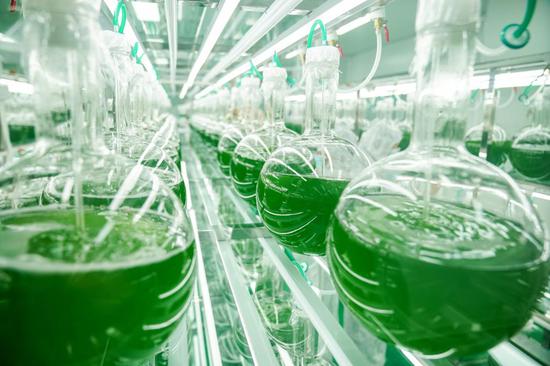
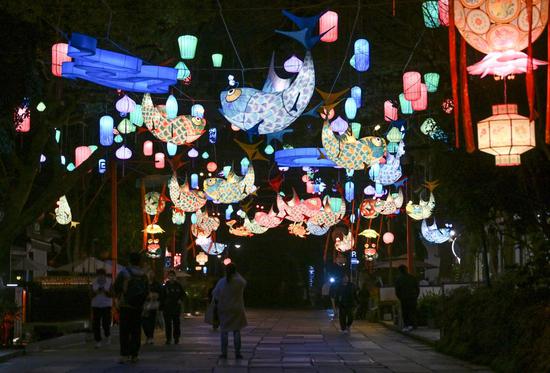
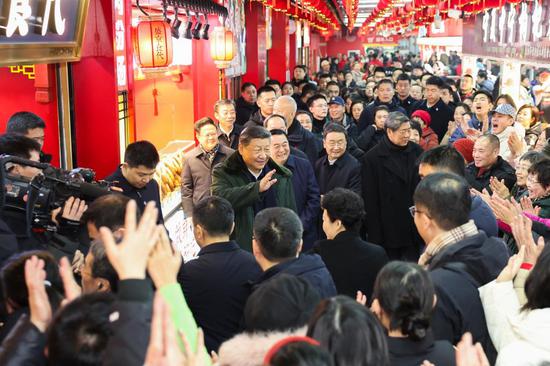
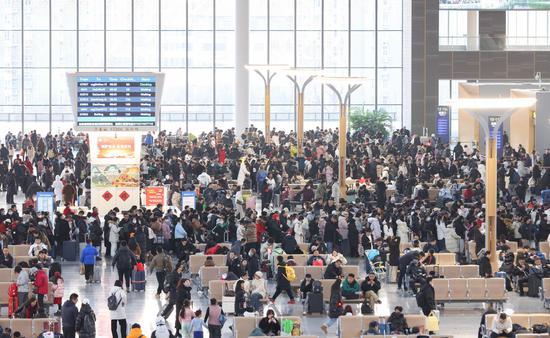



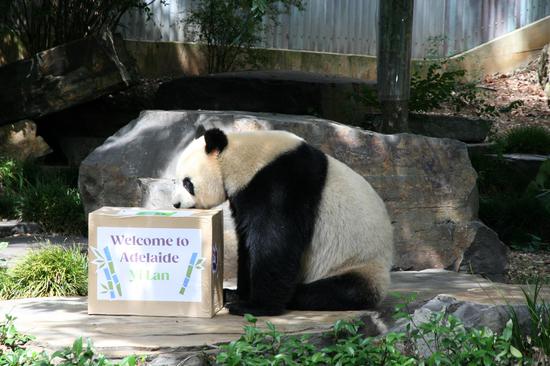
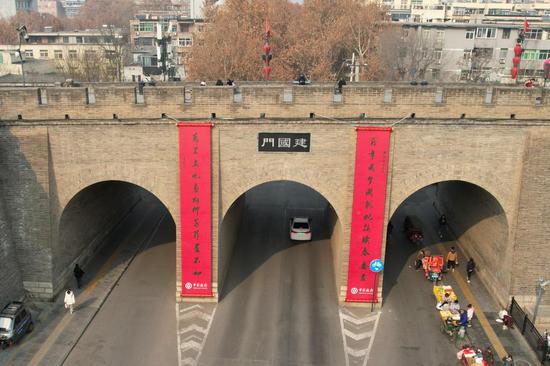

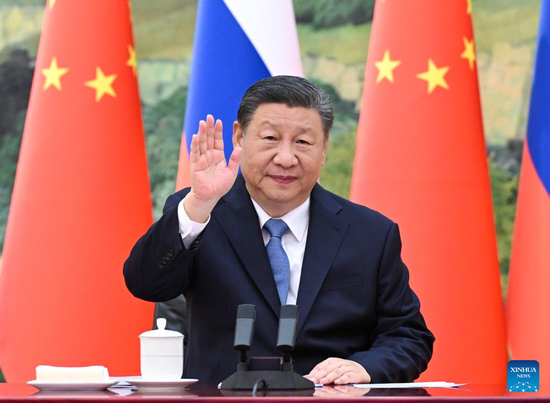

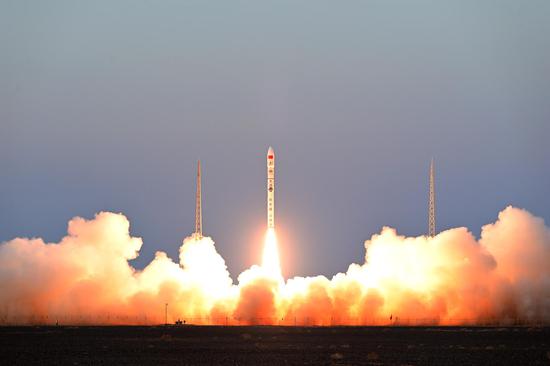


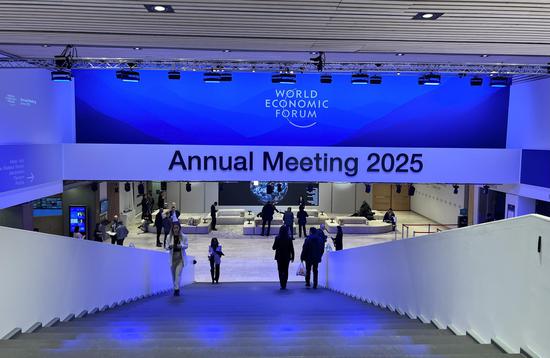

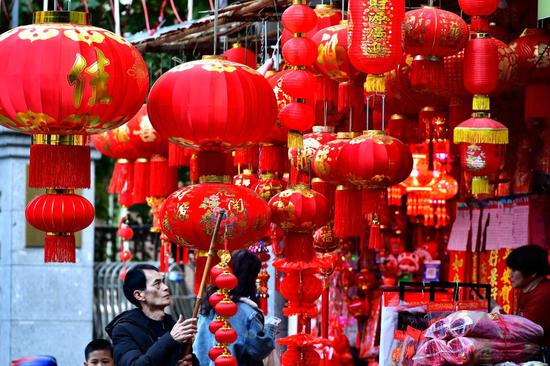


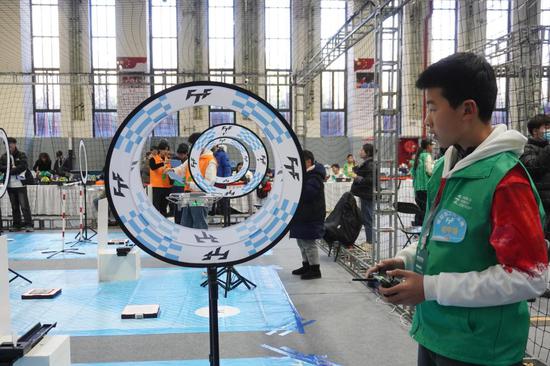
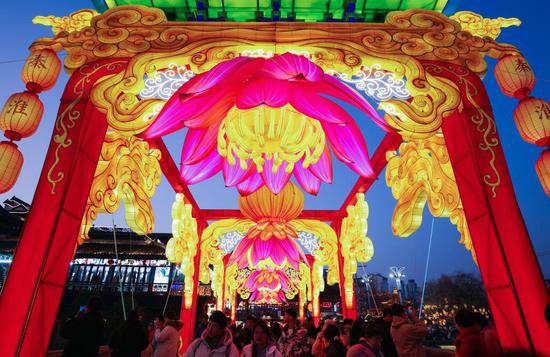


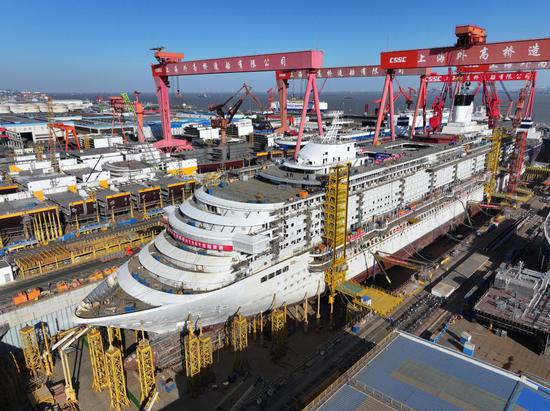
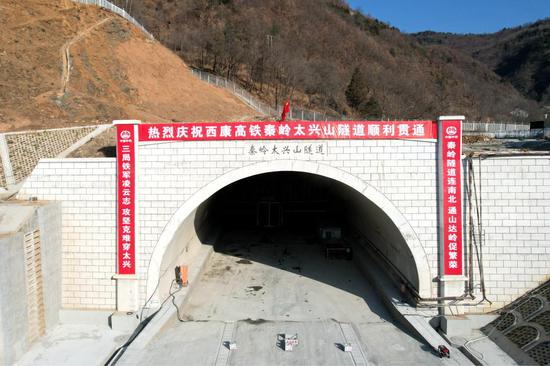
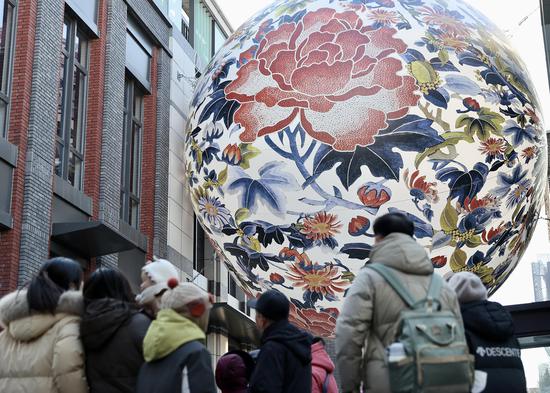

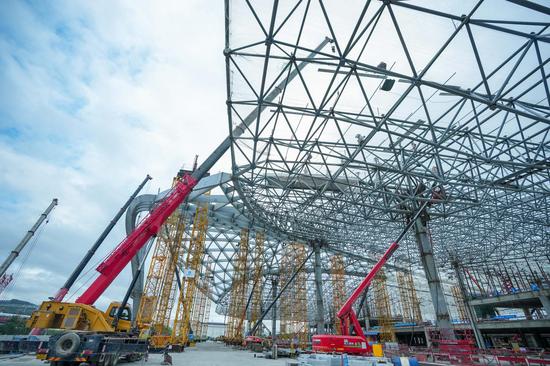


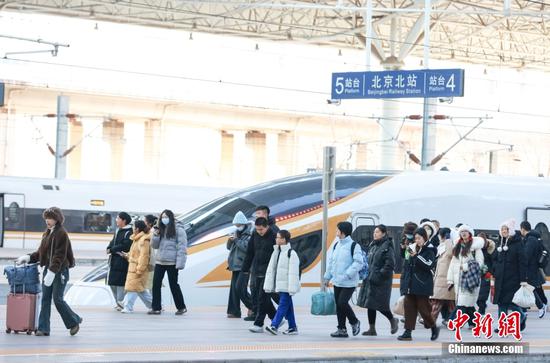

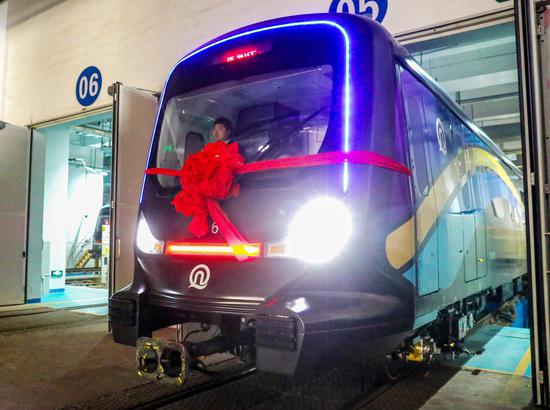
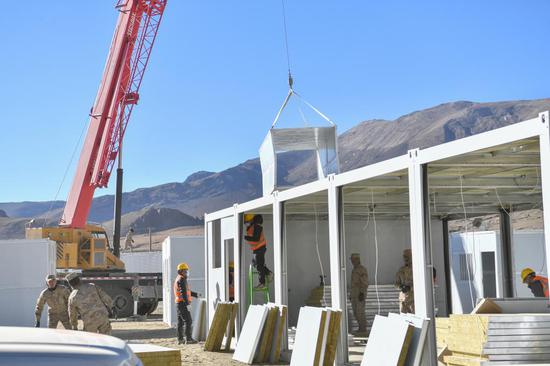






 京公网安备 11010202009201号
京公网安备 11010202009201号